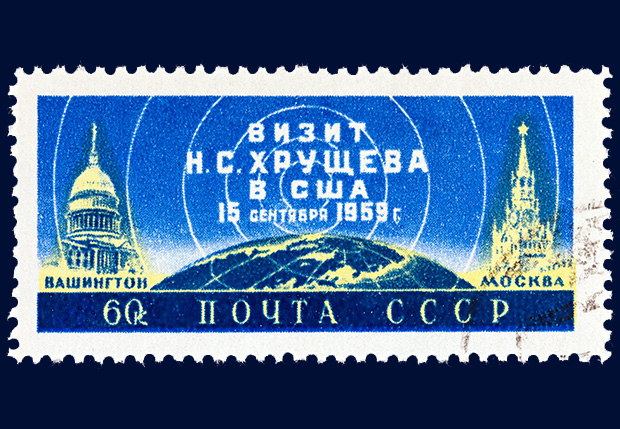Lost in Translation

When you are trying to convey a message to the public, the right choice of words is vital. This becomes even more important when you are speaking to an audience that does not necessarily speak your language.
In history we have seen on numerous occasions a message getting lost in translation, and the consequences can range from the hilarious to the outright dangerous. In 1977, Jimmy Carter, then President of the USA, visited Poland to improve relations between the two countries, but his visit was unfortunately marked by multiple miscommunications. First, an interpreter mistranslated Carter’s words, ‘I have arrived from the United States this morning’ as ‘I have left the United States never to return’. Later, in the same speech, the translator mangled, ‘I’m happy to be in Poland’ into ‘I am happy to grasp at Poland’s private parts’. The translator was quickly fired, but it was too late to prevent Jimmy Carter becoming a running joke in Poland.
Misquotations can have yet more serious consequences, and sometimes it’s not so much a translation error but a lack of context that is the problem. At the height of the Cold War, with nuclear tensions running high, the USA was angered by a translation of USSR premier Nikita Khrushchev, when he made the statement, ‘We will bury you’. The US took this to be a direct threat of nuclear attack but a translation in better context would have shown that Khrushchev was merely expressing that the values of his communist ideology would eventually win through because a capitalist society that does not respect its workers is ‘digging its own grave’. Despite Khrushchev’s good-will trip to the US in 1959, which included a visit to Washington (as commemorated by the stamp above), his words were – are – still being misunderstood decades later, which shows just how much damage can be caused when an inaccurate translation ‘sticks’. Similar international tension was raised in 1945, when the Japanese Government responded to the threat of an atomic bomb with the word “mokusatsu“. This is literally translated as ‘to kill with silence’ but in context its meaning can range between anything from ‘no comment’ to ‘we’re ignoring it in contempt’. International news wrongly translated it as the latter and the US government thought Japan had just delivered the gutsiest and probably most ill-advised ‘bring it on’ in history.
It’s not just politicians and world governments making calamitous translation errors, it’s also businesses in their international advertising and marketing campaigns. Parker Pens ran into trouble when they decided to take their products to Mexico and have their slogan ‘It won’t leak in your pocket and embarrass you’ translated to Spanish. Unfortunately, this confused the Mexican audience as it was translated as, ‘It won’t leak in your pocket and make you pregnant’. And Kentucky Fried Chicken caused not just confusion but distaste when their catchy ‘Finger Lickin’ Good’ slogan was translated in China as the unappealingly cannibalistic, ‘Eat your Fingers off.’
At LAW Creative we have experience of running global campaigns for various blue chip clients in (at the last count) 22 different languages. We work with extremely good translation agencies to ensure we are confident that the message we wish to convey is the one that reaches the audience. So if you’d like to talk to an agency that makes sure nothing gets lost in translation, please contact brett.sammels@lawcreative.co.uk.
